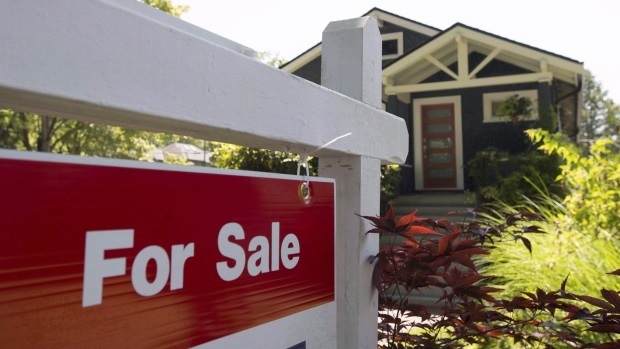It seems contradictory but mortgage lenders are concerned about an increase in payment delinquencies on one hand, even as housing sales in Canada increase on the other.
The Canadian Real Estate Association (CREA) noted that home sales in the country increased by a very significant 26 per cent in July setting sales and listings records. This may be due in part to low interest rates resulting in favourable mortgage rates.
This huge rebound to new record levels comes after a major drop in activity during the height of the pandemic concerns.

CREA housing sales
On the other hand however, comes warnings from the Canada Mortgage and Housing Corporation (CMHC) to lenders that mortgage debt has increased significantly in the first two quarters of this year and that there could be a significant increase in mortgage delinquencies coming.
The CMHC head, Evan Siddall sent a three page letter to lenders on August 10, advising them toavoid risk mortgages, and warned that excessive borrowing will worsen the economic difficulties being experienced as a result of the pandemic
With the pandemic, and political orders to shut down most of the economy to prevent COVID spread, vast numbers of people either lost jobs or were temporarily laid off. While the federal government created several emergency bridging funds for such people and businesses, these will soon end.
CMHC, a crown corporation which provides assistance for those seeking mortgages, noted that some 63 per cent of mortgages extended by commercial banks were uninsured.
Mortgage investment corporations (MIC) are alternative lenders to Canada’s big six banks. The had seen a rise in mortgage delinquencies prior to the pandemic and then saw requests for payment deferrals rise to 10 per cent.

CNW-CBA, CMHC
By the end of July, the banks had provided deferrals of up to six months for some 775,000 homeowners, about 16 per cent of their mortgage portfolios, and an increase from 10 per cent in April.
There is a concern that as federal emergency bridging programmes end and deferral periods expire that defaults will increase. Although indications are that economic recovery is occuring, that recovery is still shaky and uncertain. While banks expect most people will resume payments as deferrals ence, that may not be the case if COVID-19 cases increase and the recovery falters
Tania Bourassa-Ochoa is a senior housing researcher with the CMHC. Quoted in the Globe and Mail she said, “There is this potential deferral cliff. We do expect maybe a certain percentage will not be able to resume their payments”.
Deferred mortgage repayments add up to about $1 billion per month, and the Globe and Mail reports that Canadians outstanding mortgage debt was already $1.68 trillion in May. The CMHC report warns that there is a continued risk of significant increase in mortgage delinquency in the coming months.
additional information-sources
- CMHC- Residential Mortgage Industry report
- Globe and Mail: R Younglai: Sep 10/20: Mortgage delinquencies expected to jump in latter part of year
- BNN-Bloomberg: N Gibillini: Aug 13/20: CMHC CEO letter a bit ‘extreme and alarmist’: ex RBC CEO Nixon
- CREA: Aug 17/20: National housing statistics- mutiple records July







For reasons beyond our control, and for an undetermined period of time, our comment section is now closed. However, our social networks remain open to your contributions.